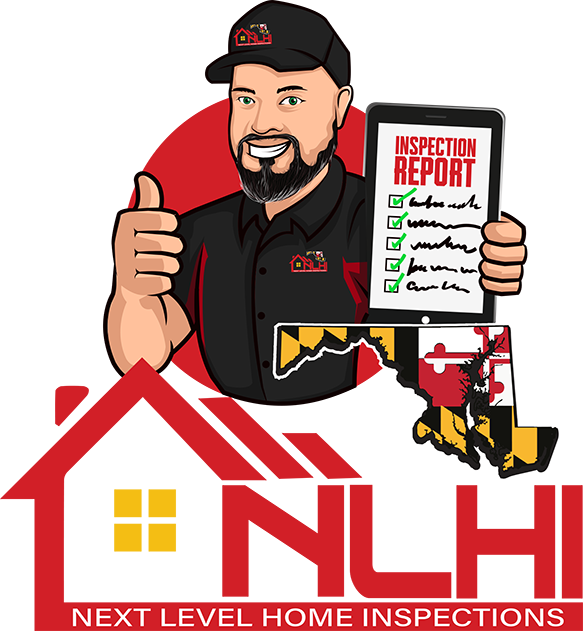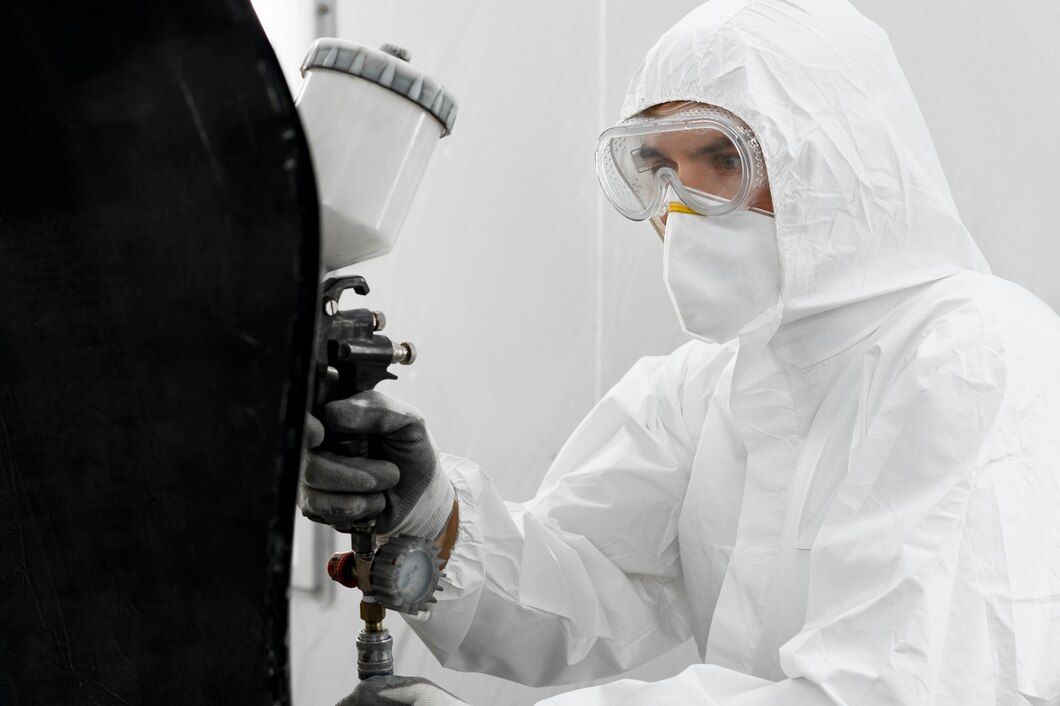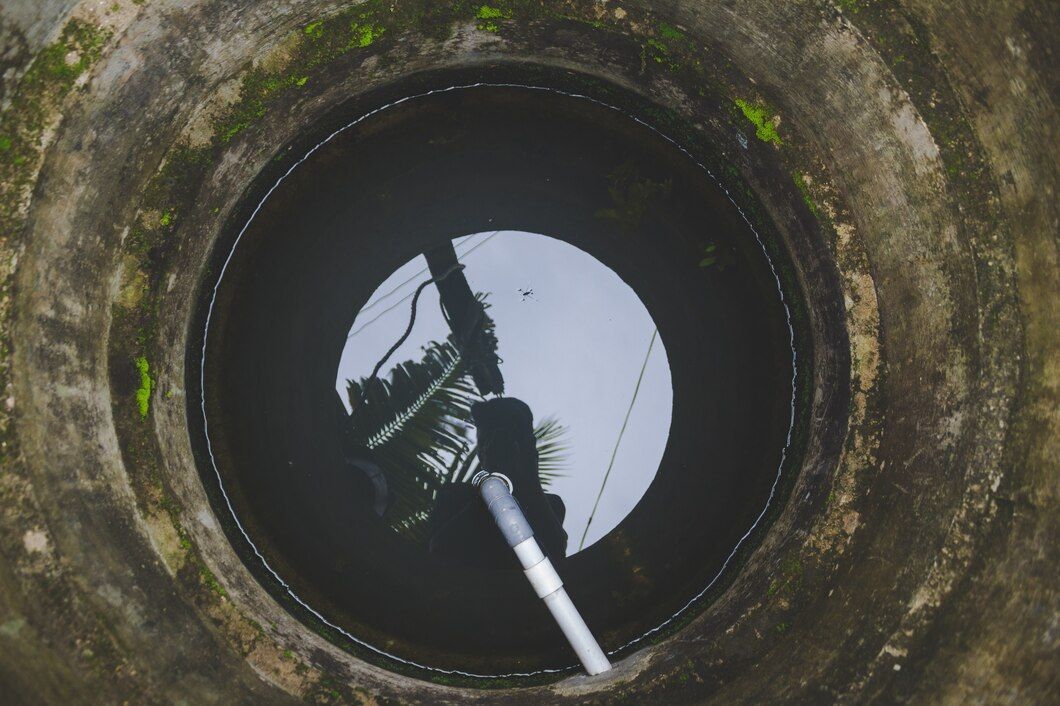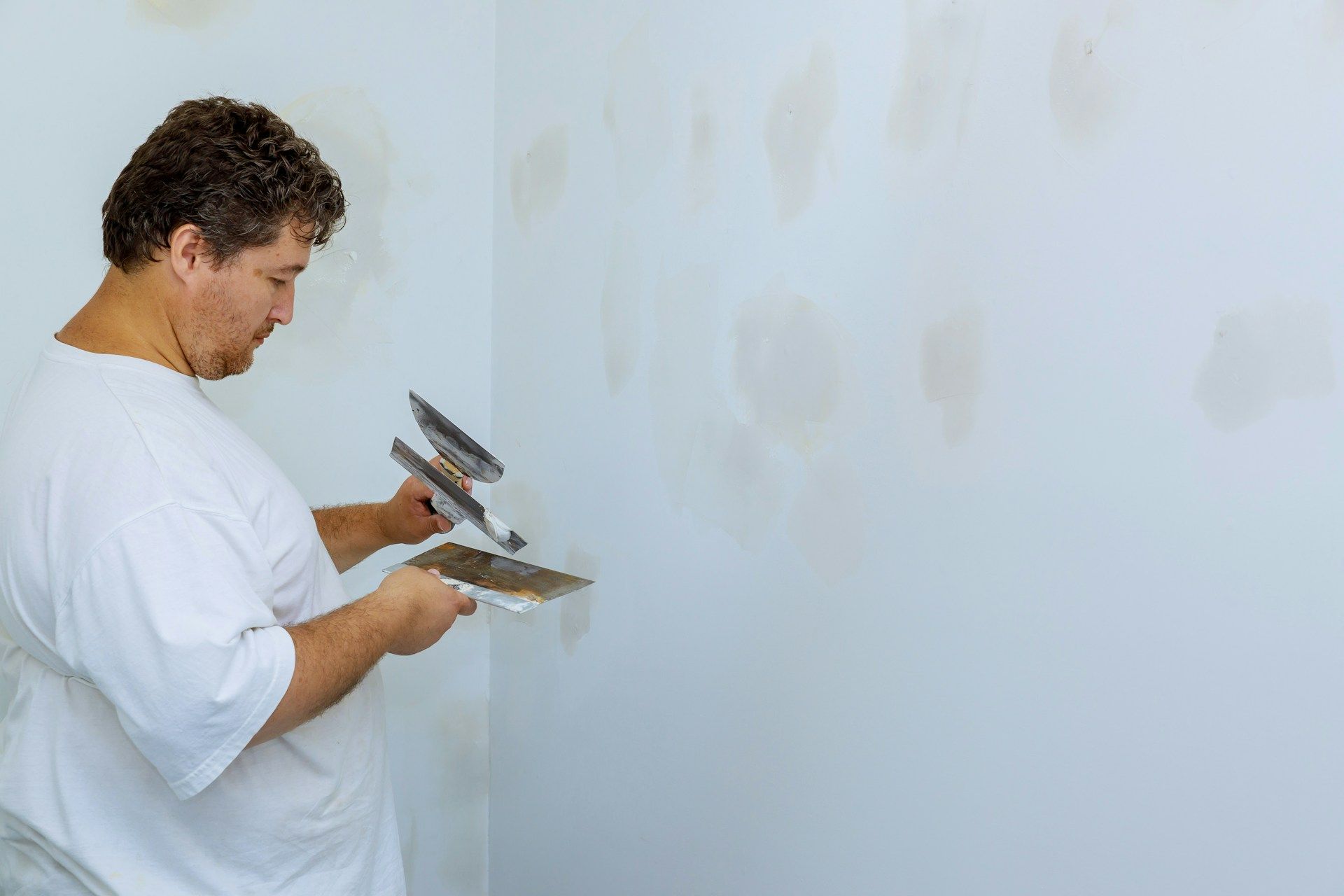Septic Tank Maintenance: A Comprehensive Guide for Homeowners
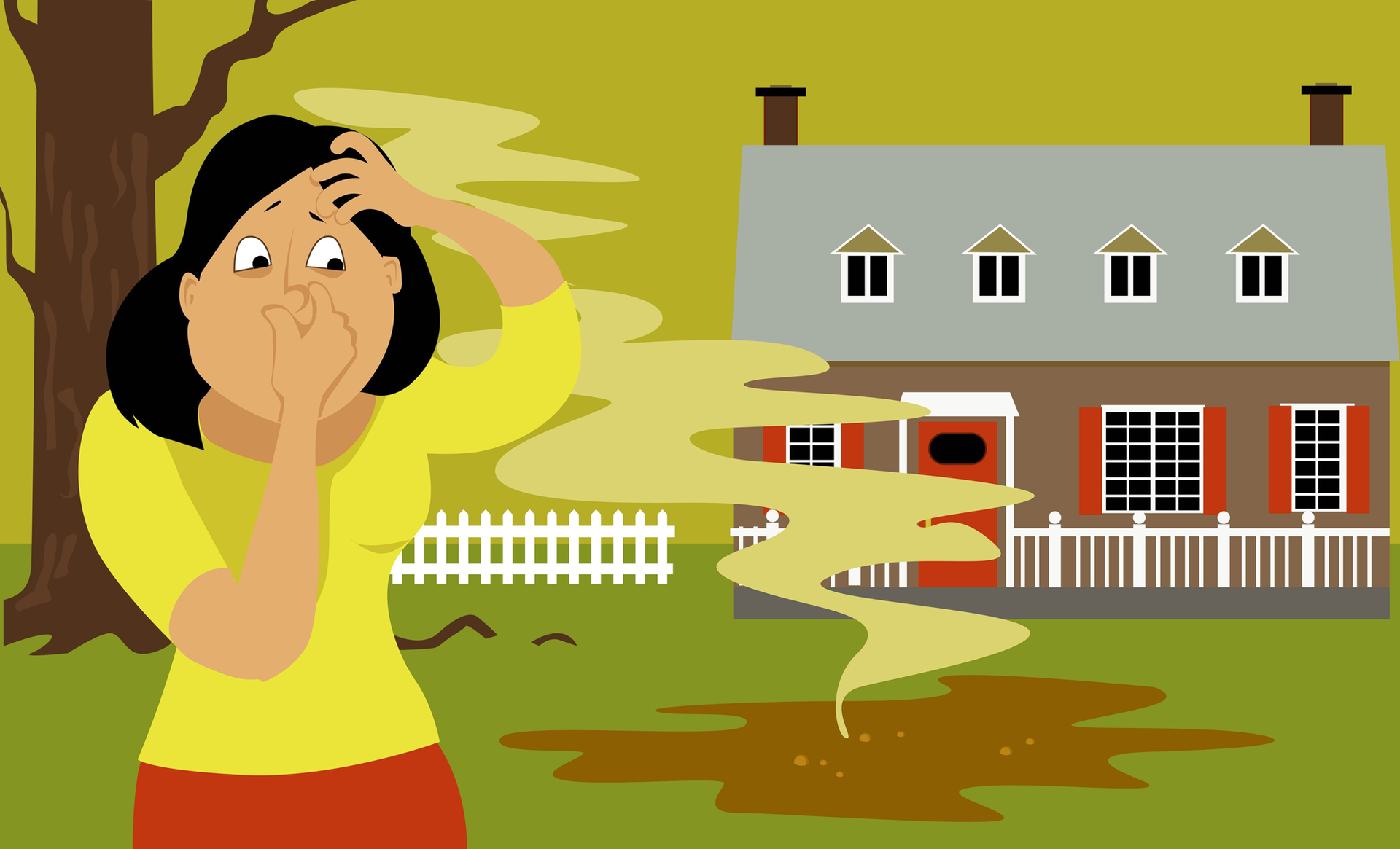
Introduction
Septic tank maintenance is crucial for the proper functioning and longevity of your septic system. Regular upkeep and pumping not only prevent costly repairs but also contribute to the protection of the environment and the health of your property. In this blog post, we will provide you with a comprehensive guide on how to maintain your septic tank and how often it should be pumped to ensure optimal performance.
Understanding Your Septic System
Before diving into maintenance practices, it's essential to have a basic understanding of how your septic system works. The system consists of three main components: the septic tank, the drain field, and the soil.
Septic Tank: The septic tank is a watertight container that collects and separates solid waste from wastewater. The solids settle to the bottom, forming sludge, while lighter particles float to the top as scum. The clarified liquid, known as effluent, flows into the drain field for further treatment.
Drain Field: The drain field is a network of perforated pipes buried in the soil. It allows the effluent to be distributed and filtered through the soil, where it undergoes natural biological processes that remove harmful bacteria and contaminants.
Septic Tank Maintenance Practices
Regular Inspections: Schedule regular septic inspections in Huntingtown, MD with a professional septic tank service, like Next Level Home Inspections, to assess the condition of your system. Professionals can identify any potential issues and recommend appropriate maintenance or repairs.
Monitor Water Usage: Excessive water usage can overload your septic system. Be mindful of your water consumption by fixing leaks promptly, spreading out laundry loads, and using water-efficient fixtures. Conserving water helps maintain the balance within the tank and prevents overflow.
Proper Waste Disposal: Only flush or drain biodegradable and septic-safe materials into your system. Avoid disposing of non-biodegradable items, chemicals, oils, grease, medications, and excessive amounts of cleaning products, as they can harm the bacterial balance within the tank and disrupt its functioning.
Regular Pumping: The frequency of septic tank pumping depends on various factors such as household size, water usage, and tank size. As a general guideline, it is recommended to have your septic tank pumped every 3 to 5 years. However, individual circumstances may require more frequent pumping, such as smaller tanks or larger households. Consult with a septic professional to determine the ideal pumping schedule for your system.
Avoid Excessive Weight on Drain Field: Heavy vehicles, machinery, or structures should not be placed on or near the drain field, as they can compress the soil and damage the pipes. This can impede proper drainage and cause system failure. Keep the drain field area free from any unnecessary weight or obstructions.
Maintain Vegetation and Tree Roots: Plant trees and vegetation away from the drain field to prevent roots from infiltrating the pipes and causing blockages or damage. Consult with an arborist or landscaper to ensure appropriate plant placement near your septic system.
Conclusion
Proper maintenance of your septic tank is essential to ensure its efficient functioning and to avoid costly repairs or system failures. By following these maintenance practices and scheduling regular inspections and pumping with a reputable septic tank service like Next Level Home Inspections, you can maintain a healthy and long-lasting septic system.
Remember to monitor water usage, practice responsible waste disposal, and avoid placing excessive weight or allowing roots to invade the drain field. Adhering to these guidelines will help preserve the balance of your septic tank, protect the environment, and safeguard the health of your property. Invest in the care of your septic system, and it will continue to serve you reliably for years to come.
